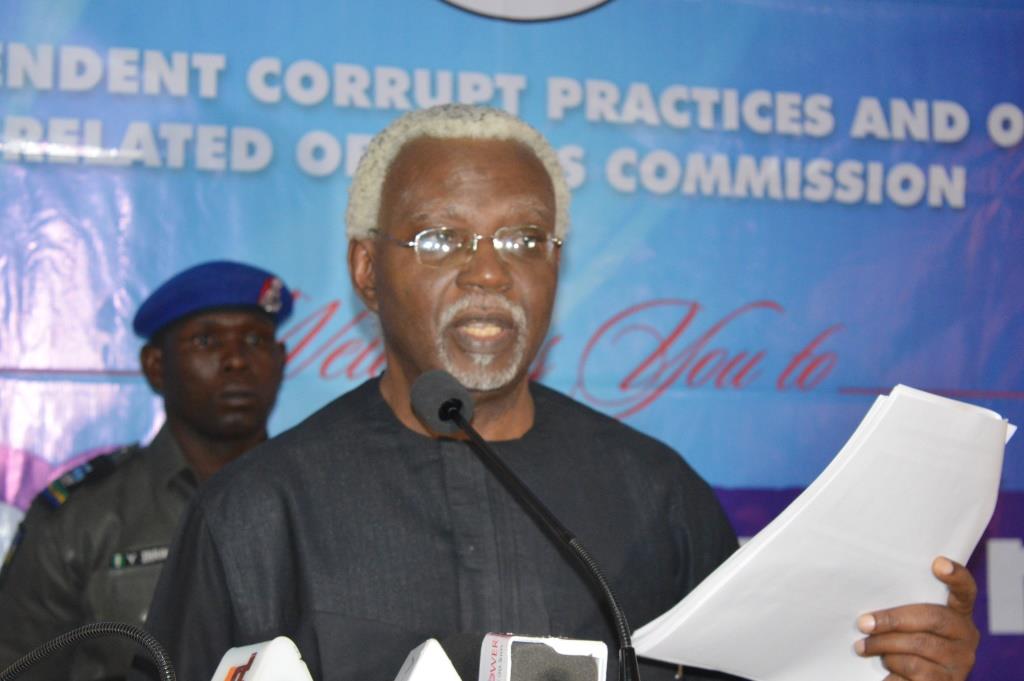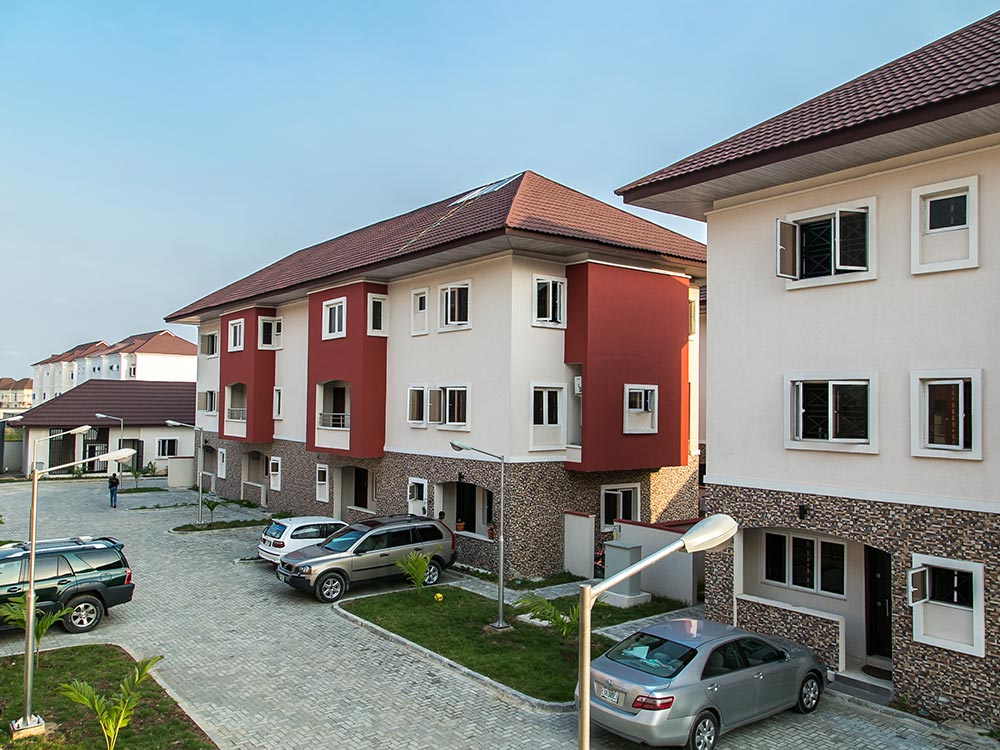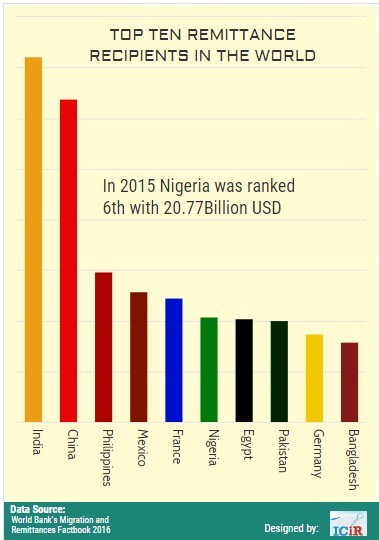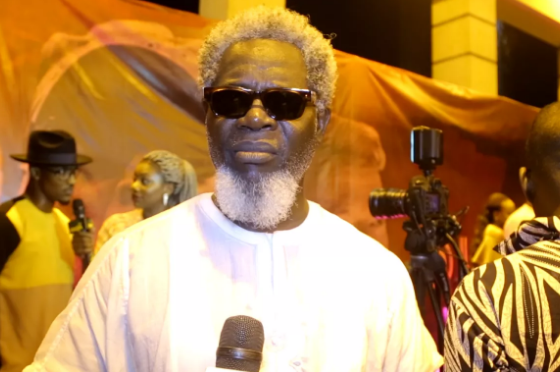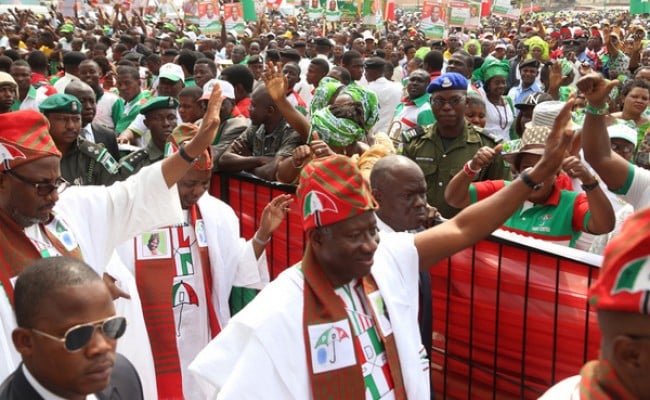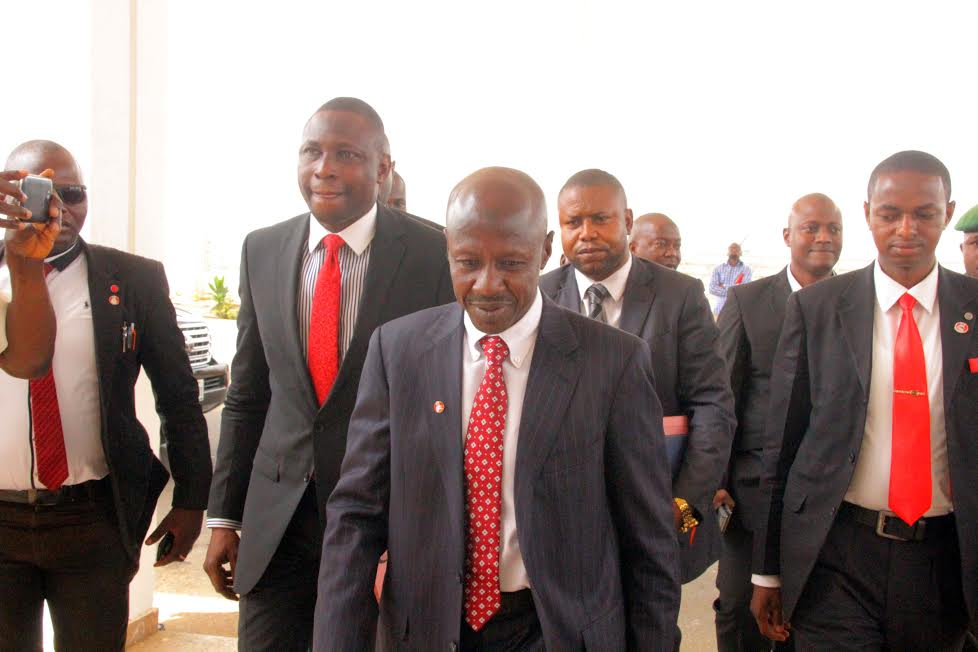The federal government has put in place mechanisms to protect Nigerians who remit monies to the country from their base abroad.
According to findings by icir.org, over 17 million Nigerians in the diaspora send money home annually for various reasons.
The total remittances by such Nigerians ranks second to the proceeds from petroleum as foreign exchange earners. United Kingdom and United States of America are said to have over two million Nigerians each.
Quoting the World Bank’s Migration and Remittances Factbook 2016, icir.org said the remittances from Nigerians living abroad hit $20.77 billion in 2015, making Nigeria the sixth largest recipient of remittances in the world.
Advertisement
However, findings show that majority of the remittances end in wrong hands and get diverted into purposes not intended.
Dominic Offiong, 54, had one thing in mind when he relocated to the United States of America (USA) in 1998. Although he was traveling to greener pastures, he promised himself he would one day return home and settle down.
As a medical doctor, his dream has always been to build a world-class hospital in Nigeria where he would continue his medical practice after his sojourn in America.
Advertisement
So, after a brief spell in the US, he started thinking of home. But his problem was how to get a trustworthy person in Nigeria to help him take custody of monies he planned to start sending to establish businesses and buy property in Nigeria. Then his cousin, Effiong, an architect who is also based in the US, introduced one Doris Ekaete Akpabioas a relation from the same village in Akwa Ibom State who fits the bill.
Thinking he was in safe hands, Offiong started discussions with Akpabio who boasted that she was quite familiar with the property market in the country, especially in Abuja where she resides.
That is exactly the kind of person he was looking for. Without any suspicion, he started making fund transfers to into her account. Then she started buying properties for him and sending him receipts. To compensate her for her efforts, he was also paying her commission on every purchase.
Advertisement
TRUSTING A WRONG PERSON
But unknown to Offiong, she had registered real estate firm and was issuing receipts in the name of her companies. She was reaping him off handsomely.
“She bought me house No 4, road 112 in EFAB Estate at the cost of N20 million, then another property, house No 29, 1st Avenue in Lokogoma at the cost of N2 million. She also bought me another house at Karu Estate No 268 FHA Phase 1. I gave her N15 million for the purchase but I later discovered that she actually paid N14million. I paid her commission as agreed on all the property between 5 and 10 percent depending on what she agreed on,” he told ICIR.
“She later told me that there is a very reputable construction company in Abuja that could help me buy some land. The first company was Eff and Garrett Nigeria Limited and the second company was Pearl Heritage. I gave her N20 million to buy a plot for my proposed Hospital, Rapha Rophe.
“She told me that the plot was in Maitama Extension. Then, subsequently, I gave her money for two more plots that were supposed to be close to the hospital plot to be used as quarters for the hospital at the cost of N10 million and N8 million respectively. I paid her commission for these purchases” he narrated
Advertisement
The bubble burst for Akpabio when the medical doctor came back to Nigeria unannounced.
“When I came back to Nigeria one time, I tried to locate one of the companies, Pearl Heritage at the address on the document only to find out that it was a fictitious address. When I confronted her, she told me that they had moved.
Advertisement
“Doris Akpabio also told me that the Police Service Commission was selling land. The plots were supposed to be at N1 million each. I gave her N10 million to buy 10 plots. I kept asking her for the documents but she told me that they were not ready. I later discovered that the plots were actually sold for N650, 000” he added.
But that was not the end of the business between them as she also sold another dummy to the unsuspecting doctor.
Advertisement
“She also told me that the Police Service Commission was helping the staff to buy duplexes with a guaranteed loan, that the money will be discounted from their salaries. She said outsiders can also buy but they would have to pay outright. The cost of 3 bedroom duplex was N22.2 million and N24 million each with a five percent agency fee as well as another five percent legal fee.
“I sent N26.4 million to Doris Akpabio through my nephew, Raphael Asuquo in November 2014. She had told me that she had collected her unit. But after paying the money, my unit was not forthcoming. She kept telling me that they were putting finishing touches. The unit was supposed to be at Apo. When I kept pressurizing her, she told me that she was waiting for the swearing in of President-elect, Muhammadu Buhari. After the president was sworn in, she told me they were waiting for the swearing of the ministers.
Advertisement
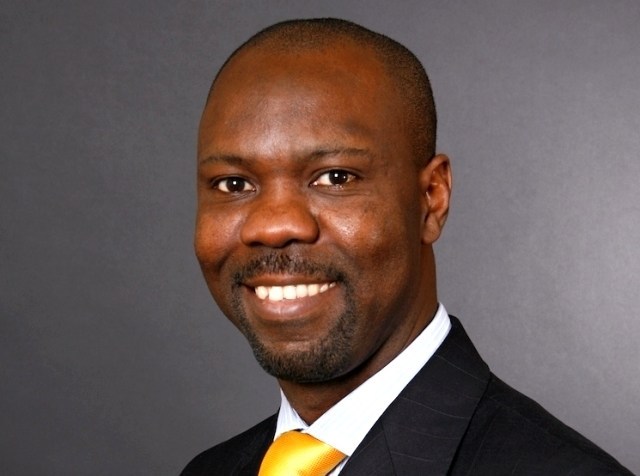
After failing to provide the duplexes or refund the money paid for their purchase despite threat of a legal action in June 25, 2015, she turned off all her mobile phone numbers.. It was then that Offiong realized that he had been duped even as he discovered that the lady bought only seven plots for him from the Police Service Commission land as against 10 he paid for while the actual selling price was N650, 000 instead of the N1 million he paid.
OVER N100 MILLION GONE
That was the beginning of his undoing as Akpabio, a former staff of Police Service Commission taught him lessons in betrayal. He had remitted over N100 million to her account and was hoping to come back home to start a new life. But all his dreams were shattered by Akpabio, who is now at large.
The Independent Corrupt Practices and Other Related Offences Commission, ICPC is already on the trail of Akpabio who after fleecing the innocent medical doctor allegedly resigned from the Police Service Commission and relocated to the United States of America. The ICPC involvement followed a petition by Offiong.
TOP TEN REMITTANCE RECIPIENTS IN THE WORLD
The report says remittances to Nigeria rose every year over the last decade from $16.93 billion in 2006 to $20.83 billion in 2014. And in 2016, remittances by Nigerians abroad were over $35 billion. This was the highest in Africa and the third largest in the world.
The top two sources for Nigerian diaspora remittances in 2015 were the United States ($5.7 billion) and the United Kingdom ($3.7 billion).
Between 2011 and 2014, Nigerians in the Diaspora had remitted $63.17billion (N10.35trillion) into the country. Analysis of remittances showed that $11billion (N1.8trillion) was remitted in 2011, $21billion (N3.44trillion) in 2012, $20.77billion (N3.40trillion) in 2013 and $10.40billion (N1.7trillion) in the first half of 2014.
The global top ten remittance recipients this year were India ($72.2bn), China ($63.9bn), the Philippines ($29.7bn), Mexico ($25.7bn), France ($24.6bn), Nigeria ($20.77bn), the Arab Republic of Egypt ($20.4bn), Pakistan ($20.1bn), Germany ($17.5bn), and Bangladesh ($15.8bn).
Nigeria tops the top ten remittance recipients in Africa with $20.77bn, followed by Ghana ($2.0bn), Senegal ($1.6bn), Kenya ($1.6bn), South Africa ($1.0bn), Uganda ($0.9bn), Mali ($0.9bn), Ethiopia ($0.6bn), Liberia ($0.5bn), and Sudan ($0.5bn).
Total international remittances sent by migrants to their families in their home countries was projected to reach $601 billion in 2015, with developing countries receiving $441 billion, the Factbook said.
NIGERIANS DIASPORA REMITTANCE 1
The United States was the largest source of remittances in the world, with outflows reaching $56 billion, followed by Saudi Arabia where $37 billion was remitted from, and Russia at $33 billion.
“At more than three times the size of development aid, international migrants’ remittances provide a lifeline for millions of households in developing countries,” said Dilip Ratha, co-author of the Factbook.
“In addition, migrants hold more than $500 billion in annual savings. Together, remittances and migrant savings offer a substantial source of financing for development projects that can improve lives and livelihoods in developing countries,” said Ratha.
TAPPING INTO THE ECONOMIC POTENTIALS OF REMITTANCES FROM ABROAD
Notwithstanding the fact that the federal government does not have accurate data on the population of its citizens abroad, experts believe if the remittances of Nigerians in The Diaspora is fully harnessed, it could boost the Nigerian economy particularly in the face of dwindling oil incomes and prevailing economic recession.
Put together, remittances in 2015 and 2016 to Nigeria – $21 billion and $35 billion respectively – are far more than Nigeria’s external reserves, which still fluctuates between $27billion and $30billion dollars currently. Presently,
The Nigerian government is looking at the potential of generating $10 billion annually into the economy through a proposed project for Nigerians abroad.
According to the World Bank, some of the money sent home by Nigerians in The Diaspora is going into informal socio-economic development activities like payment for services like health, housing, business startups and education.
A report from the Bank’s Population Reference Bureau said most of the money sub-Saharan migrant workers send home is spent on education, health care, buying land, building houses, starting business or improving farms.
In the wake of the dwindling foreign exchange earnings, findings by icirnigeria.org show that the federal government commissioned five consultants to find alternative means of forex. The consultants, it was gathered, advised government to look into how to benefit from remittances by Nigerians abroad.
Corroborating this, Nta Ekpo, Chairman, ICPC who is currently championing the cause of Nigerians in The Diaspora said when some Nigerians abroad send money home for development activities, their families or friends divert the money and when they come back home, the families engage in all manner of activities, including connive with kidnappers, in order to silence them.
Ekpo was in Germany in 2016 when Nigerians living there invited him to talk on corruption and what he learnt has led to an initiative that not only fights corruption but also guarantees that Nigerians abroad can invest in their home economy and significantly help turn around the economy.
“But before I got there, I did a lot of research about them and I discovered they had two major problems. One is the problem of remittance, when they send money home it is diverted, two their families create artificial security challenges for them when they come back home. They organized kidnappers to kidnap them” he added.
After the interaction, the ICPC chairman signed a Memorandum of Understanding, MoU, with Nigerians in Germany on how the ICPC can help them secure their remittances and send money home seamlessly.
“My form of anti-corruption at ICPC is a preventive approach. Anti-corruption agencies today run after 80 percent of the population who are corrupt but with my preventive approach, I believe we should just be running after 20 percent when the 80 percent are doing the right thing “he said
He explained that the Commission could help those interested in real estate source for developers and also help them search for credible business partners In return, he said those in Diaspora must help blow the whistle on Nigerians engaging in money laundering.
THE DIASPORA CITY
But when the ICPC Chairman returned to Nigeria, he took actions to back up his MoU with the Nigerians in the Diaspora.
“When I came back, I spoke to the Managing Director of Federal Housing Authority, FHA, Mohammed Al-amin. I said in 2015, $21 billion was remitted to Nigeria by Nigerians and $35billion in 2016. Nigeria external reserve is just $27 billion. So if these people are bringing such money, why do you toy with them? What can we do to encourage them?” he said.
His suggestion has given birth to a proposed Diaspora City that is designed by FHA to provide a secure and sustainable home ownership for Nigerians that are living and working outside the country as well as for workers of Nigerian Diplomatic Mission.
According to the FHA boss, the Diaspora City is also aimed at providing yet another non-oil window for the sustainable flow of forex of at least $10 billion annually to the Nigerian economy. The project is expected to gulp a total of $630 million (N236billion).
ForAl- Amin , the project would secure the hard earnings of Nigerians living and working abroad.
“Out of five, there is hardly one Nigerian in Diaspora that has not fallen victim of remittances into wrong hands”, he said.
Citing Ethiopian example, he said Addis Ababa economy was largely dependent on foreign exchange remittances from its Diaspora citizens.
“Between 1990 and 2000, as much as 30 percent of the country’s forex was attributable to Diaspora Remittances. With the creation of the Ethiopian Diaspora Housing Programme in 2002 to date, the remittances have doubled from the erstwhile 30 percent to the current 61 percent of forex”.
While expressing optimism in the success of the Nigerian Diaspora Housing Programme, NIDHOP, he noted that 30 percent of General Physicians in America are Nigerians.
Many people believe that Nigerians abroad would send home much more than they currently do if there are safe means of investing money at home.
“$35 billion remittance is just a child’s play, when we feel we are part of the system, when we feel we have a stake in Nigeria it could be far higher” said, Kenneth Gbandi, Chairman of Nigerians in Diaspora, NIDO, Europe chapter.
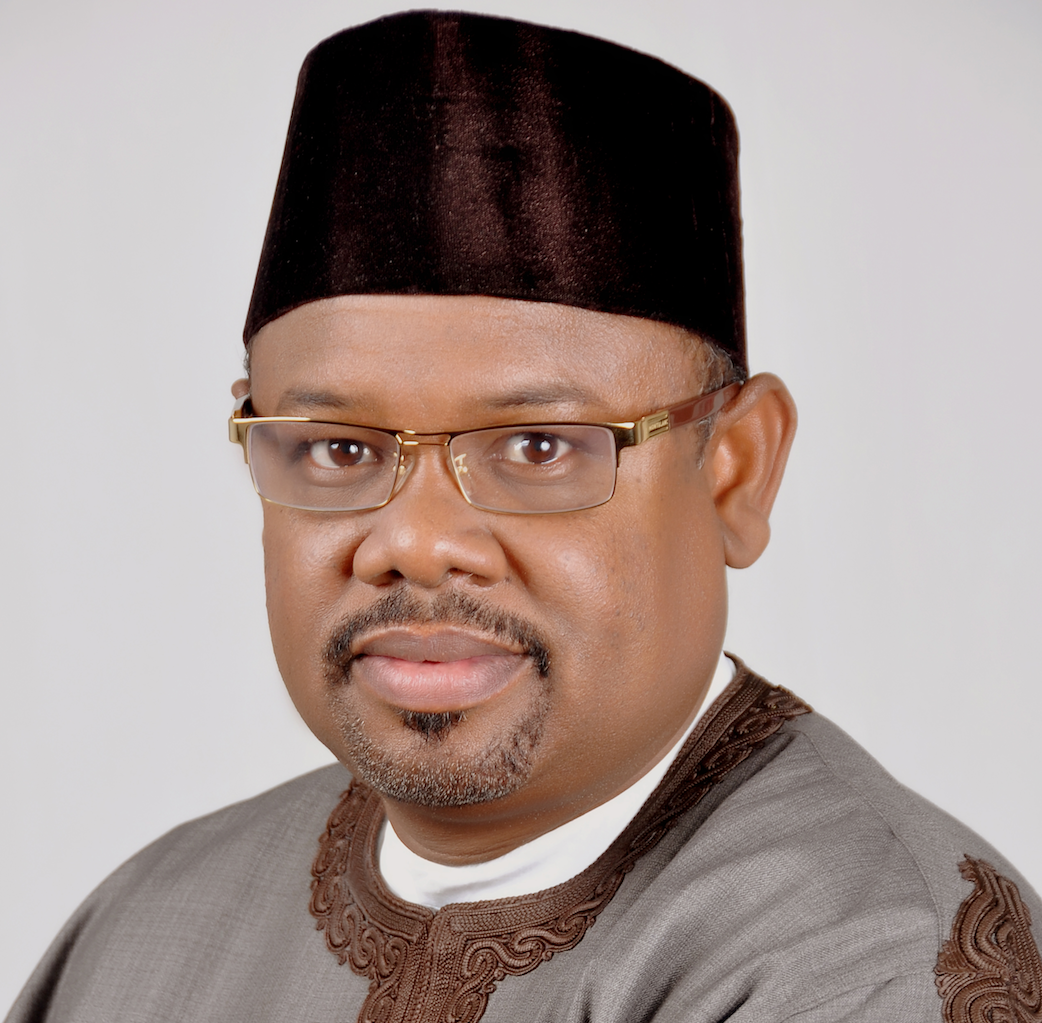
The Office of the Vice President has already keyed into the project serving as facilitators and ICPC as promoters while FHA serves as the developers and owners, and Nigerians in Diaspora as the beneficiaries.
Al-Amin disclosed that Vice President, Yemi Osinbajo has promised to facilitate a quick land allocation of 200 to 1000 hectare of land by the Federal Capital Development Authority, FCDA in favourable locations for the pilot project in Abuja.
He added that the Osinbajo promised to facilitate free and secured remittances of installment payments from diaspora off –takers through a specialized account to be approved by the Central Bank of Nigeria, CBN; and to facilitate land allocation to the FHA in other states where the project will be replicated.
Phase 1 of the project will kick off in Abuja, Benin city, Port Harcourt and Lagos in 2017. These cities, according to him , are believed to have highest number of citizens abroad.
The phase 11 will be sited in Enugu, Asaba, Ibadan/Otta in 2018.
Two hundred hectares of land is proposed for the pilot project sites to be developed in communities and replicated, beginning from 50 hectare of land. It is expected that the city would have independent power supply and sewage treatment plants to be designed and developed by Nigerian professionals abroad.
There are three funding models designed for the project already. There is beneficiary funding model which allows Nigerians in The Diaspora to make staggered payment for the houses and developer financier model which rests the funding on FHA as well as Government Intervention Loan which may come in form of a loan.
A 15-man committee comprising all stakeholders and headed by the Managing Director of FHA is working to perfect the takeoff of the project and other technicalitiesOn the feasibility of the project, Gbandi said it is ‘extremely important to market the project among members of his association.
“One of the reasons we had the MoU with the ICPC Chairman is that we have been burnt over and over again. It was very important to market this project ; it is extremely important” he said.
NIDO, according to him ,is made up of four continental chapters.
“We have NIDO Europe, America, Asia and Africa and Azerbaijan which is just coming on board and is run by a chairperson for each chapter.
“It is a massive network; let it be on record that Nigerians in Diaspora is the official contact network of Nigerian federal government and the largest network of global Nigerian professionals in history. The idea that is going to live far after our chairman has left the service. I said that to him this afternoon, you will live in the memories of the diaspora if this project becomes a reality “he explained.
If the government’s plan goes through, it may the beginning of the end for diaspora remittances going down the drain.
This report first appeared on icir.org
Add a comment
